Hi Susun,
Between life’s ups and downs, the stress of chronic illness, monthly hormonal shifts, and the symptoms of MCS, sometimes I just feel the need to rage against the world. What am I to do with these intense negative emotions? I’m not sure if this is a physical symptom (ie biochemical imbalance), but I would love to be able to manage this like I would any other symptom – whether a headache, menstrual cramps, whatever. What would a Wise Woman do? Deep thanks…
Susun’s response:
A Wise Woman would:
Step 1. Collect information
Premenstrual, pregnant, premenopausal, and menopausal women rage and weep. Like it or not, you’ll probably find your emotions harder to control as you enter your menopausal years. Men given hormone therapy (against prostate cancer) weep and rage too!
Step 2. Engage the energy
Take time for yourself when you find yourself crying, yelling, raging, depressed, out of control. Create your own sacred space, even in a closet, where you can be alone, without responsibilities, where you can be safe to have every one of your feelings.
- Begin (or deepen your commitment to working with) a journal as a way to care for yourself and your emotions. The Change is an opportunity to value your emotional self and to nourish all of your feelings, from grief to bliss, rage to outrageous.
- Universal healing energy can help when your emotions are roaring. Channel it through your hands to your heart or womb; hold yourself.
Step 3. Nourish and tonify
• My remedy of choice for women dealing with premenstrual emotional uproar is motherwort—the calm, fierce-hearted mother who helps you find your center in the wildest of emotional storms. A dose of 5-15 drops taken several times when you’re upset will bring calmer feelings quickly. A dose of 10-30 drops taken twice a day for a month can help prevent mood swings.
• Let a cup of garden sage tea with honey restore your emotional center and soothe your irritated nerves. It is even said to cure insanity and relieve hysteria. In Chinese herbal practice, honey is used (in tea, not cooked) to soften the energy of the liver when it is hardened by rage, frustration, and anger.
• Pamper yourself. Get a massage. Cuddle with someone you love.
• Moods don’t swing so much in women who nourish their nerves and even out their blood sugar levels with lots of calcium.
- Slow-acting liferoot flower tincture (5 drops) or slower-acting vitex berry tincture (25-40 drops), taken daily for a week or two premenstrually for several months will help you unravel your emotional snarls.
- Black cohosh root tincture eases menopausal flashes and is said to cure hysteria, too. Try 10-20 drops once or twice a day for a month.
- Keep a piece of licorice or ginseng root handy to chew on when you feel like chewing someone’s head off.
Step 4. Stimulate/Sedate
- Valerian root, as a bath or tincture (15-20 drops as needed) is a powerful sleep-inducing sedative that also eases uterine cramps. Avoid long-term use.
Step 5b. Use drugs
- Feeling moody? Mood-altering drugs, legal (tranquilizers, anti-depressants, alcohol, coffee, cigarettes) or illegal (cocaine, opium), create dependence.
Step 6. Break and enter
- Psychoactive plants (such as marijuana, psilocybin mushrooms, and mescaline), when taken in a safe setting, offer radically different results than mood-altering drugs. Instead of dependence, they foster self-worth, helping the individual to break open new neural pathways and establish easier flows of emotions and energy through both the physical and subtle bodies.
Green blessings, Susun Weed
photos: Wise Woman Spiral © iStockphoto.com / Chuck Spidell | Fire © 2004 Joanna Barnum



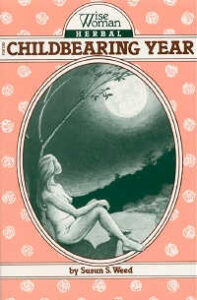
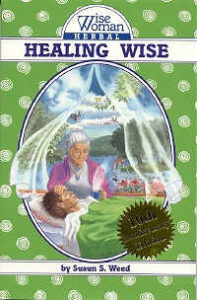
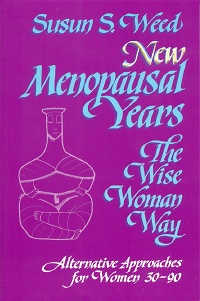
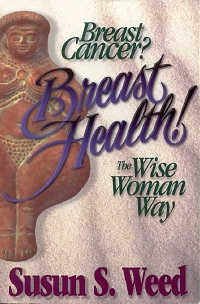

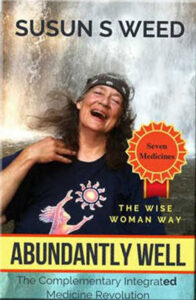



0 Comments